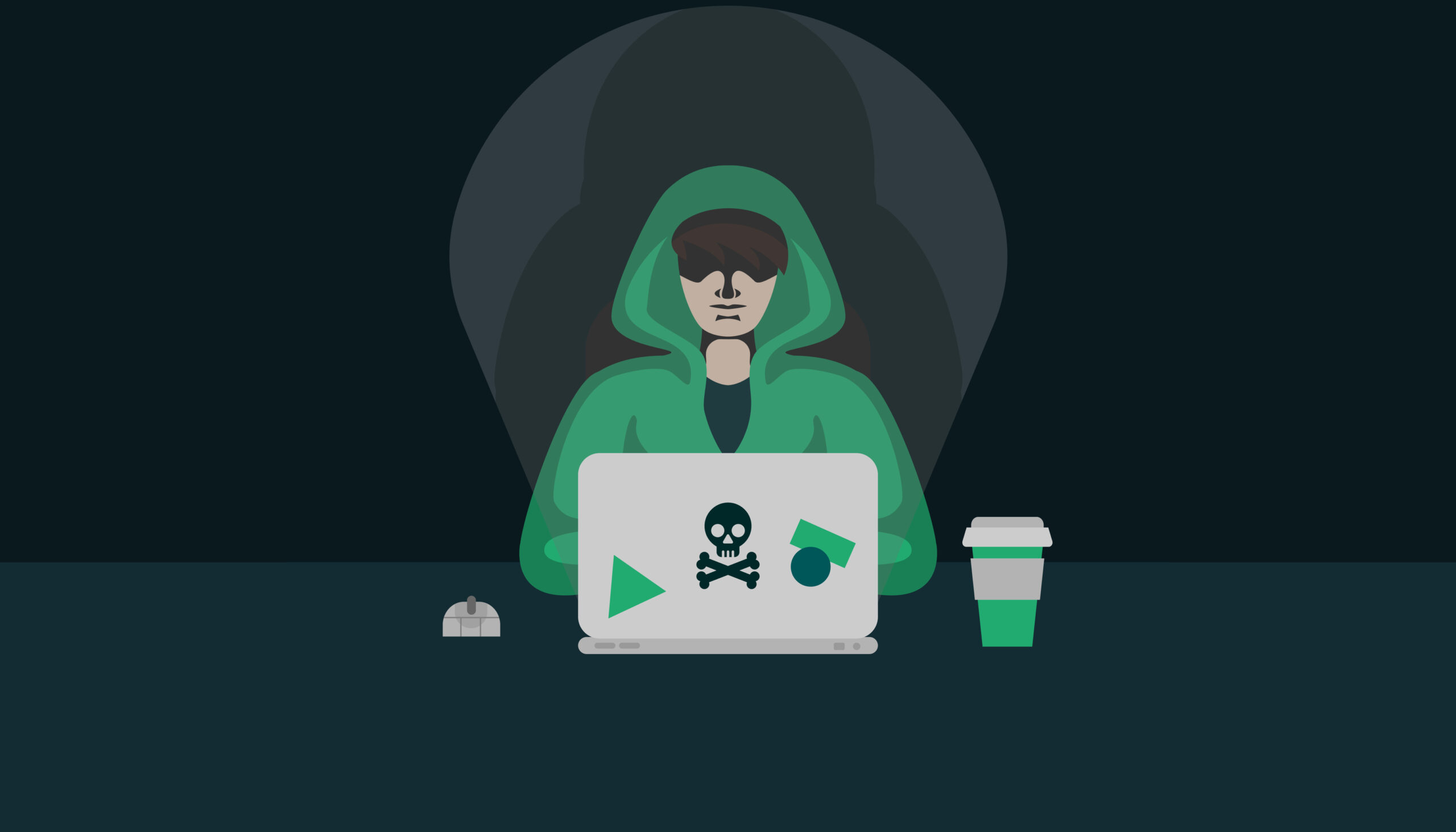Piracy is the illegal and unauthorized copying of content protected by copyrights, which is against the owner’s ownership rights.
It involves creating unlawful copies of copyrighted music, games, software, electronic books, and movies, as well as illegally streaming that material.
Piracy is known by many other names—internet piracy, online piracy, and digital piracy, to name a few—but piracy is the act of unlawfully reproducing protected information that infringes on the owner’s rights.
WHAT DO WE MEAN BY DIGITAL PIRACY DILEMMA:
There is no single reason for piracy; rather, digital piracy has several conceptual roots and core causes.
A popular argument among pirates is that merely generating a digital copy is not stealing as the original is still present, and no one is hurt. In fact, that’s a flimsy argument, because every unauthorized reproduction represents a possible “missed sale,” which affects the copyright holder. Doing so on a large scale can hurt the owner and undermine the drive to develop new material.
Other pirates have agreed that all digital content should be free, and that piracy is helping to liberate it. This mindset ignores the fact that creating content is not free, and there is no motivation to generate more if it is not feasible to recover one’s investment and earn a profit.
Copying of copyrighted information is prohibited under all circumstances, and copyright holders are given legal protection by numerous laws.
The most popular internet piracy sources:
1. Cloud services and cyberlockers:
2. Online streaming site:
Pirates frequently crack movies and build online streaming sites where viewers may see copyrighted content for free. These websites are simple to discover online, but utilizing them involves significant hassle and risk. Watching unlicensed movies on streaming sites is generally plagued with pop-up advertising that interrupts the movie and is a major source of malware (such as viruses and ransomware) that may be installed discreetly when you visit the site.
3. P2P sites:
4. Auction websites:
The Bottom Line:
If you are concerned about your home or yourself accessing pirated media, there are numerous steps you may take to avoid downloading or sharing such material, which includes: making use of parental controls; avoiding using peer-to-peer networks; viewing movies; using major streaming providers and not getting music from free websites. In general, trust your intuition. You should be able to discern the difference between a legitimate commercial site and a suspect source of stolen content. When in doubt, conduct a search to learn more about a site or avoid it totally. Zenkoders enables its clients to create their own platforms based on original content with all rights reserved for our clients. Therefore, we advise everyone out there to avoid piracy of every type in their lives and have access to platforms that actually provide the owner’s permission to use their content.

